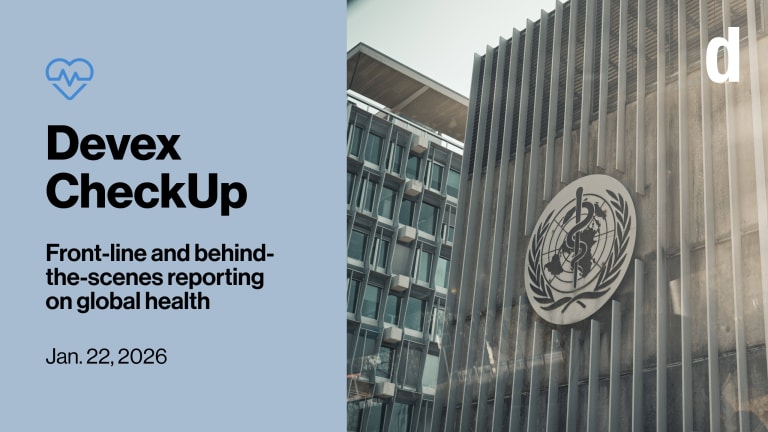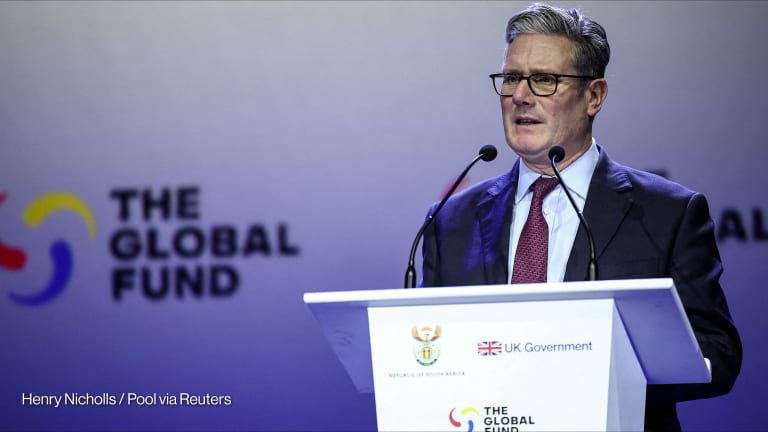Ugandan officials appear to have largely contained an outbreak of the Ebola virus but they did so without the same level of support they have previously received from the U.S. government.
Officials declared an outbreak of the rare Sudan strain of the virus on Jan. 30 following the death of a nurse at Mulago National Referral Hospital, the country’s largest health care facility, in the capital, Kampala.
The declaration came just days after a freeze on all foreign aid by U.S. President Donald Trump’s administration and amid ongoing efforts to suspend or fire substantial portions of the staff at the U.S. Agency for International Development, which has been a key partner in Uganda’s previous Ebola outbreaks.
Printing articles to share with others is a breach of our terms and conditions and copyright policy. Please use the sharing options on the left side of the article. Devex Pro members may share up to 10 articles per month using the Pro share tool ( ).








